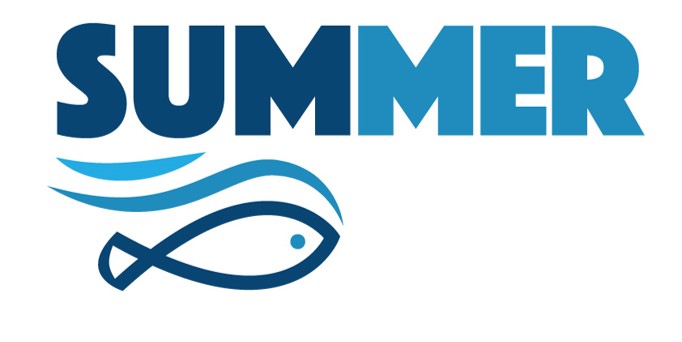SUMMER
ABSTRACT
The mesopelagic layer is one of the least understood ecosystems on Earth. Recent research suggests that the fish biomass in the mesopelagic ecosystem might be 10 times higher than previously thought, and therefore represent 90 % of the fish biomass of the planet. However, this estimate is subject to a high degree of uncertainty in the fraction of the community that is fish. The potential high biomass has raised interest in its exploitation, mainly as a fish meal, but other potential exploitation pathways for high value compounds, such as nutraceuticals and pharmaceuticals, are possible. Nevertheless, if the biomass is as high as estimated, mesopelagic fish may play a key role in ecosystem services, such as sustaining other commercially relevant species and carbon sequestration.
SUMMER will establish a protocol to accurately estimate mesopelagic fish biomass, quantify the ecosystem services provided by the mesopelagic community (food, climate regulation and potential for bioactive compounds) and develop a decision support tool to measure the trade-offs between the different services. Combining eDNA with in situ acoustics and trawls SUMMER will obtain an accurate assessment of the composition and biomass of the mesopelagic community. Gut content analysis, molecular markers and stable isotopes will allow quantification of the vertically integrated trophic network, linking to commercial and charismatic species. Models will be used to estimate the impact of fishing scenarios on trophic network stability and carbon sequestration. Mesopelagic organisms will be tested for their potential as fish meal, nutra and pharmaceuticals. The project will develop a decision support tool to enable accounting for trade-offs between services in when considering sustainable use of mesopelagic resources. Finally, a range of interactions with stakeholders, policy makers and public will ensure that any strategy to exploit the mesopelagic ecosystem takes account of all the consequences.
Project Budget: 6’623’808,75€
LEITAT Budget: 279’812,50€
Financial Framework: Horizon 2020
Contract number: 817806
Start Date: 01/09/2019
End Date: 31/08/2023
Partners:
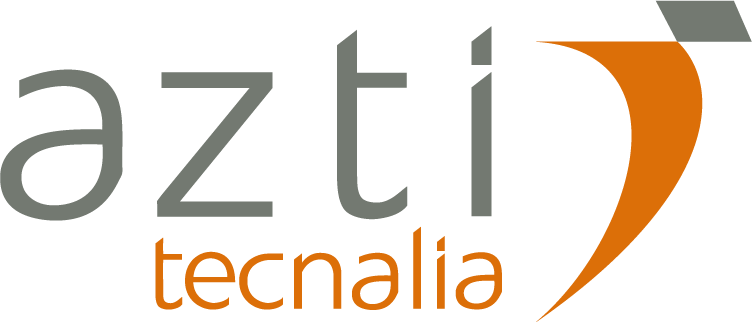
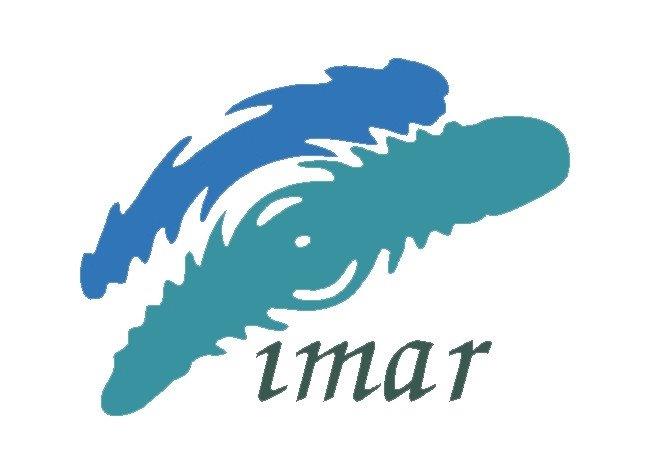
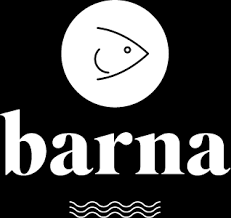
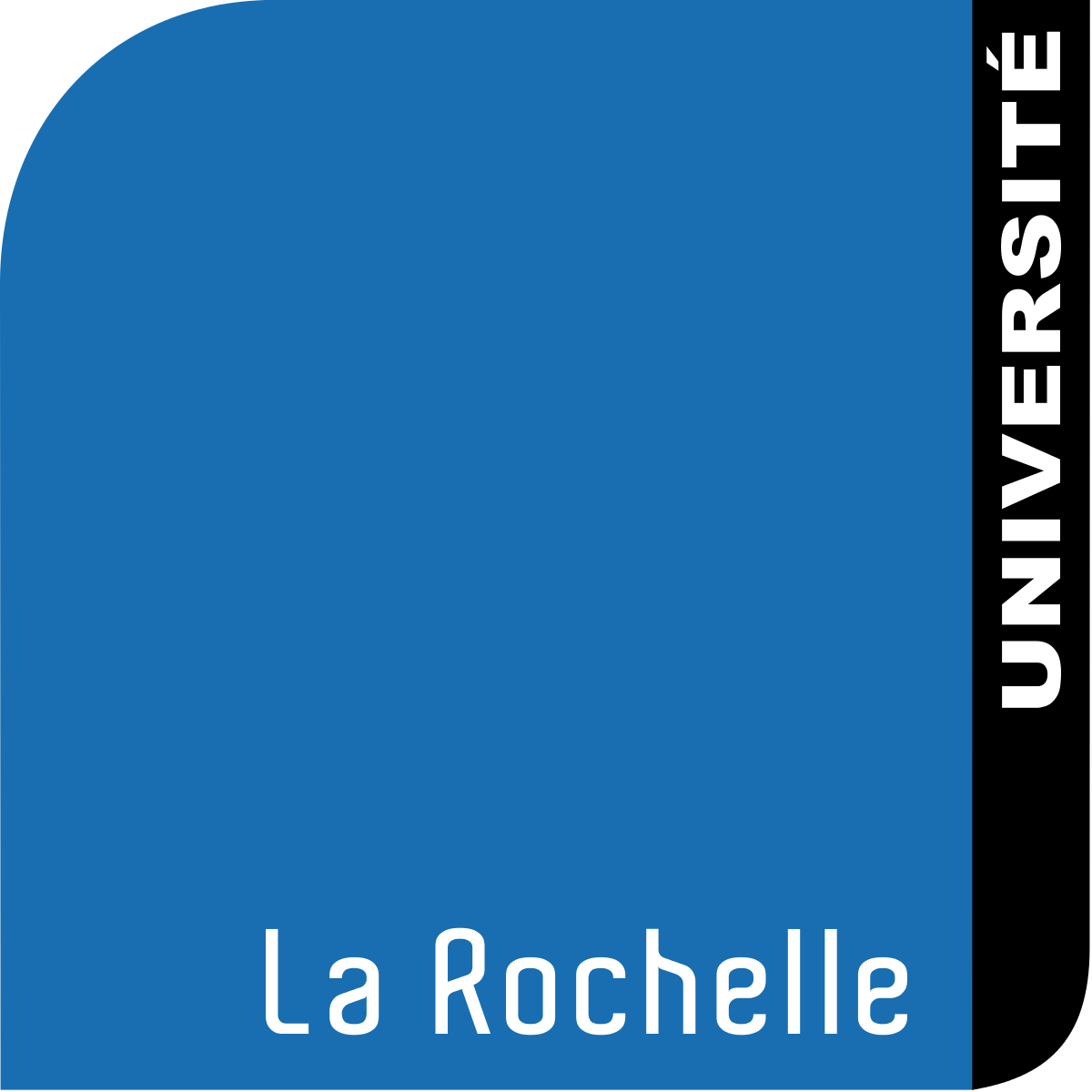
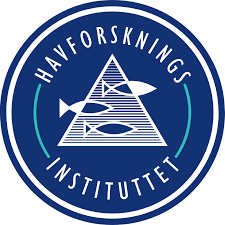

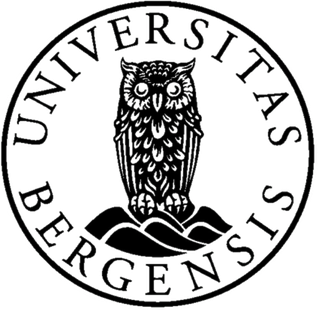
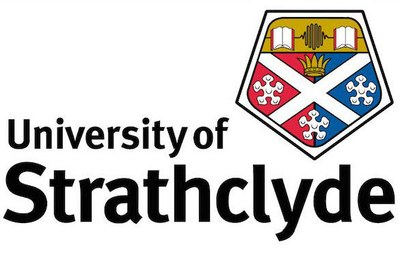
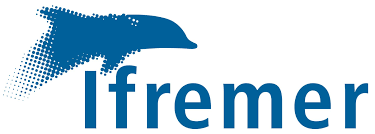
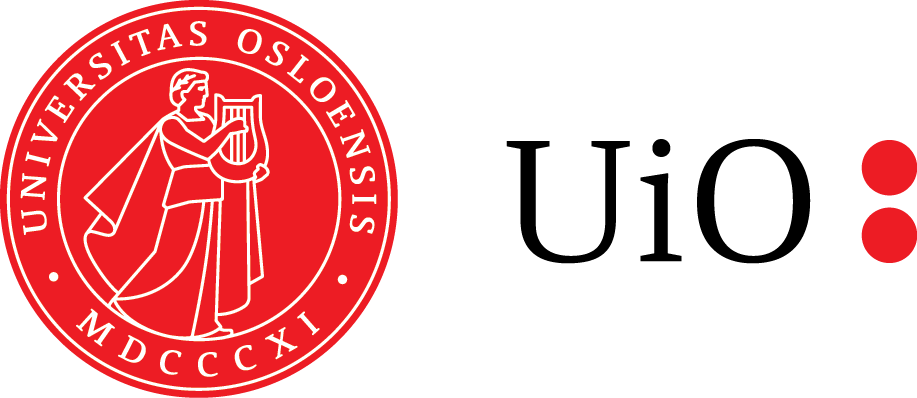
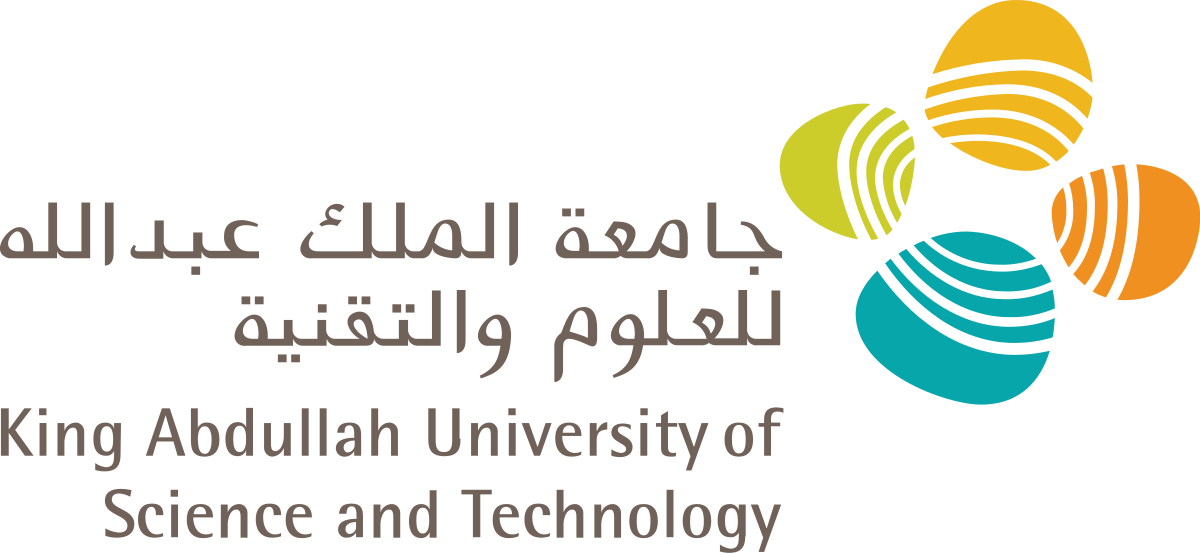



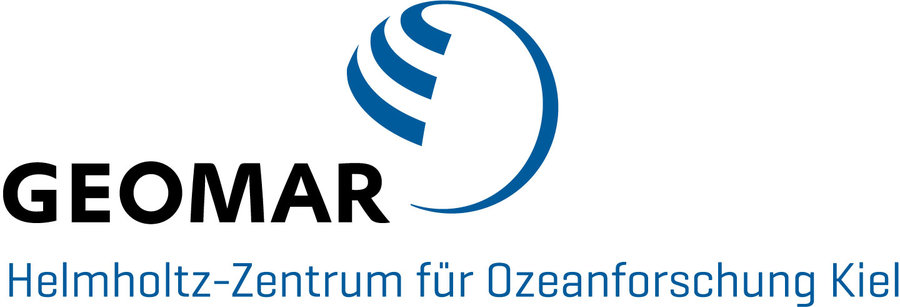



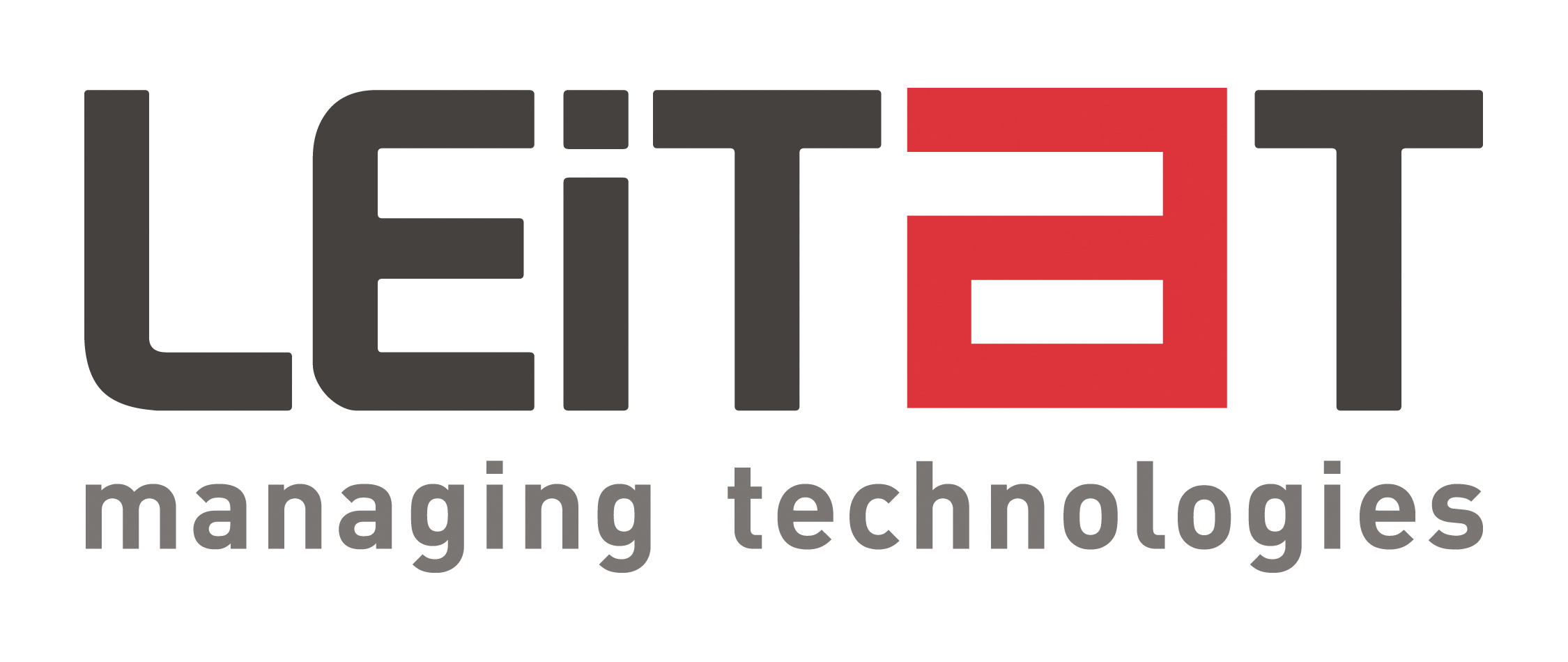

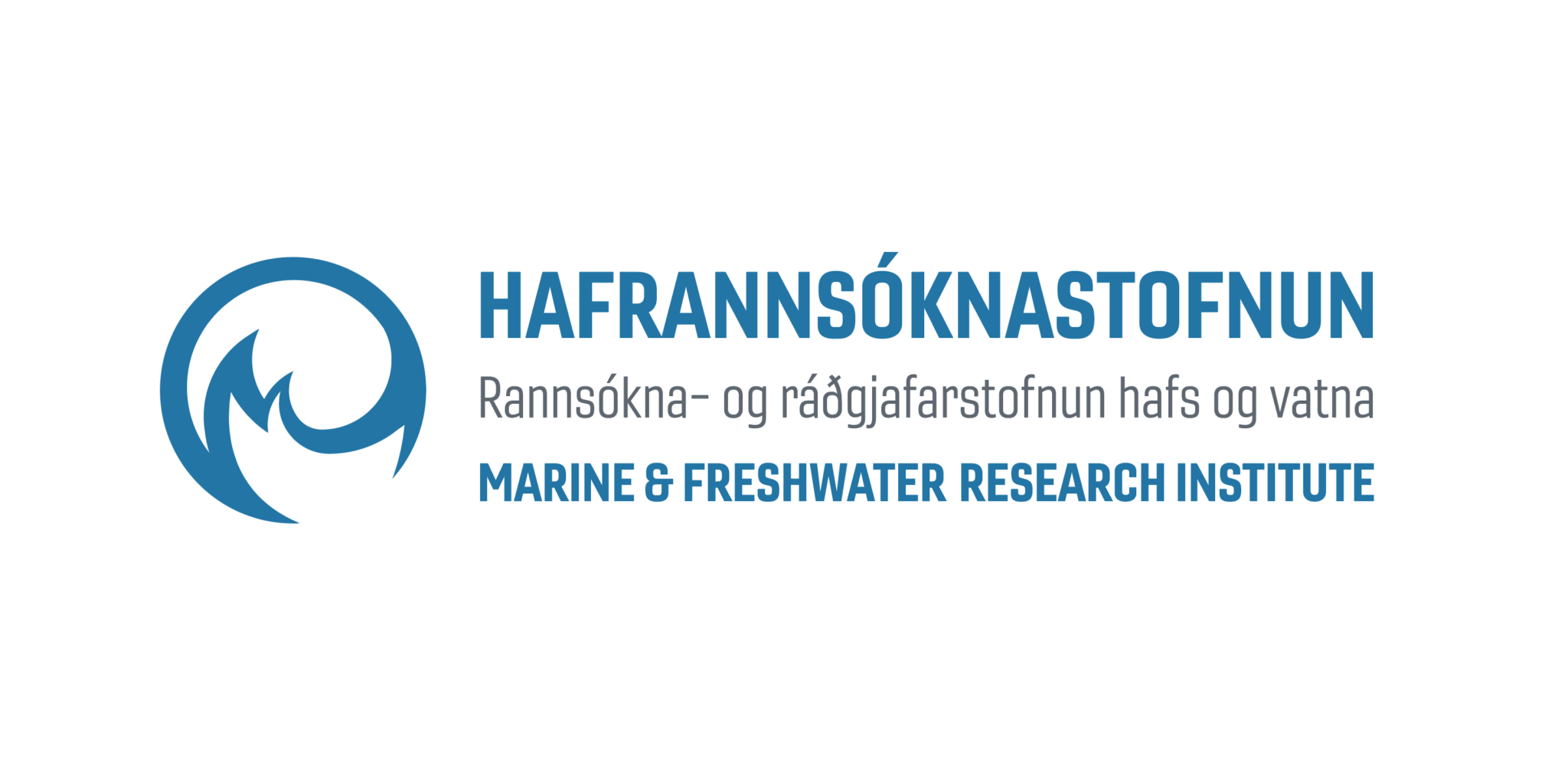

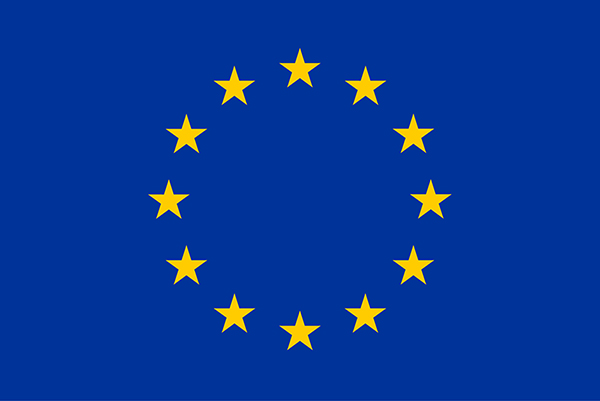
This project has received funding from the European Union’s Horizon 2020 research and innovation programme under grant agreement No 817806. This publication reflects only the author’s views and the European Union is not liable for any use that may be made of the information contained therein.

